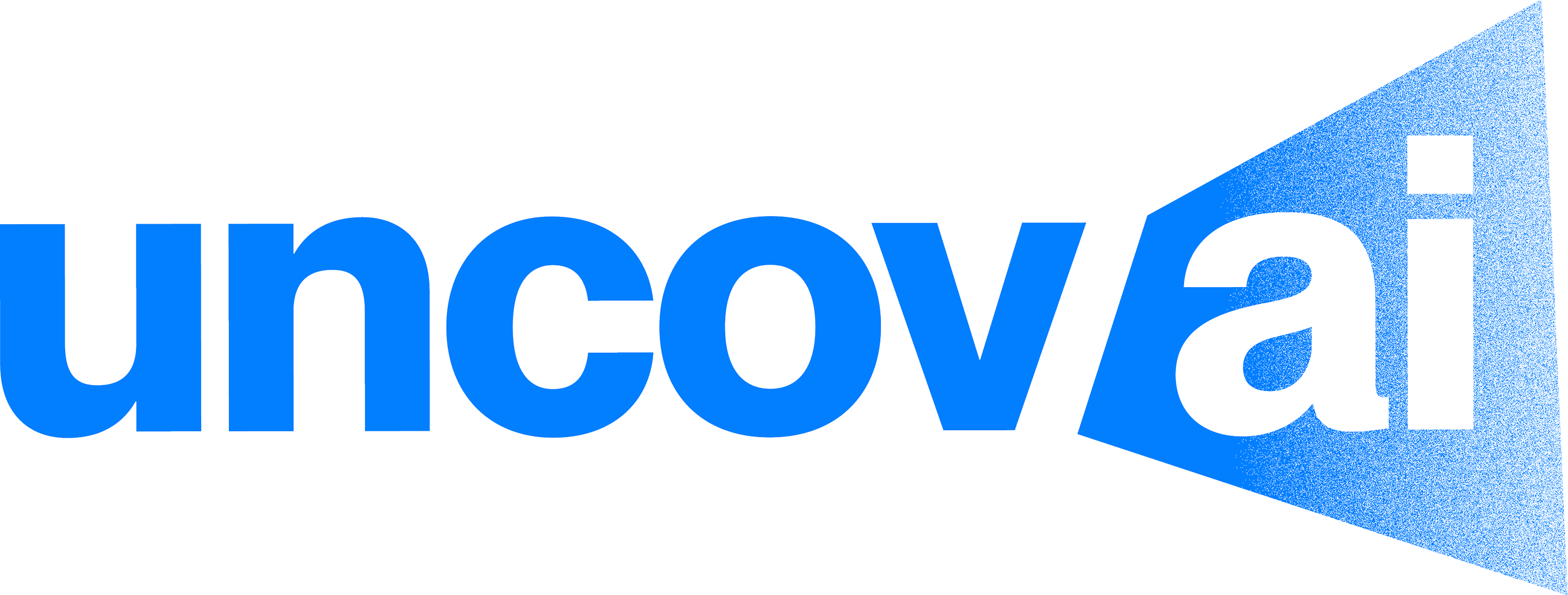In an era where AI-generated content is increasingly prevalent as discussed in the NTIA report, ensuring that the digital information we consume is authentic and trustworthy is crucial. UncovAI provides advanced solutions to detect and mitigate the risks associated with AI-generated content, safeguarding the integrity of the digital space for journalists, researchers, and everyday users.
The U.S. Department of Commerce (NTIA) has released a pivotal report supporting “open-weight” generative AI models like Meta’s Llama 3.1. This move aims to democratize AI, making it accessible to small businesses, researchers, nonprofits, and individual developers. However, it also underscores the need for the government to develop new capabilities to monitor these models for potential risks.
The NTIA report highlights several key points:
– Broadening AI Accessibility: Open-weight models can drive competition and innovation by allowing more players to enter the market.
– Balancing Openness with Safety: While promoting open AI systems, the report calls for active monitoring of risks associated with their widespread availability.
– Regulatory Landscape: As regulators globally weigh new rules, the NTIA advocates for evidence-based assessments to ensure safety without stifling innovation.
At UncovAI, we stand by the principles of transparency and responsible AI use. We help detect and mitigate risks associated with AI-generated content, ensuring the digital space remains trustworthy and secure 🛡
More info in the article of TechCrunch.

